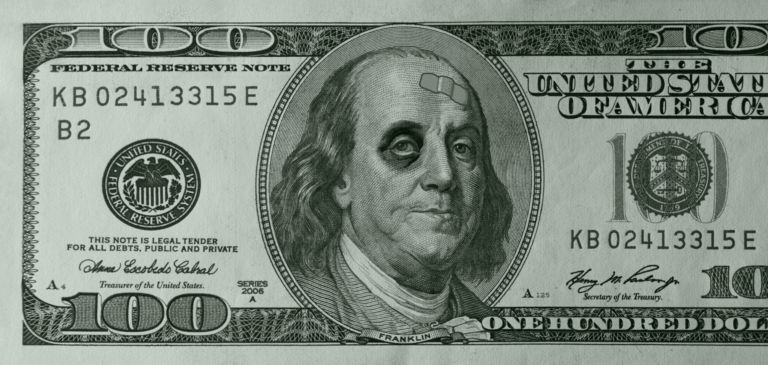The Consumer Price Index (CPI) rose 0.1% in August after remaining constant in July according to the latest release from the Bureau of Labor Statistics. On an annual basis, prices have increased 8.3%. This number would have been markedly higher if not for declining gas prices.
The gasoline index declined 10.6% over the month, helping to drive a decrease in the broader energy category in August. Even so, the gasoline index is still up 25.6% over the year.
The recent decline in prices at the pump is likely at least partially attributable to the Biden Administration’s decision to drain 180 million barrels from the Strategic Petroleum Reserve (SPR), which is now at the lowest level since 1985, according to Reuters. The SPR release began in May and is set to stop in October, suspiciously close to midterms. Overall inflation is likely to jump should gas prices climb again.
Meanwhile, utilities, shelter, and medical care services are up 3.5%, 0.7%, and 0.8% over the month, respectively. Utility prices are up a whopping 33% over the past year.
The food index rose 0.8% in August and 11.4% over the year. The 0.8% increase is dramatic, yet it represents the smallest monthly increase for the index since December 2021.
In addition to the energy category, used car and truck prices were also down in August. Every other category, however, saw prices grow in the same time period.
So-called core inflation, which strips out food and energy, rose 0.6% in August, for an annualized rate of 6.3%. This level is up from the 5.9% registered in July, and remains at rates not seen in 40 years.
The Federal Reserve raised interest rates 0.75% twice since June, in addition to smaller hikes in March and May. Now, the central bank may approve another increase at their upcoming policy meeting next week in hopes of decreasing the money supply and bringing down prices. The federal funds rate targeted by the Federal Reserve impacts what banks charge on loans – but also can impact car and credit card payments.
CPI’s annual rate has been running at 5.0% or more since May of 2021. As the Federal Reserve continues to make gradual changes this late in the game, workers’ budgets are hurting. Real average hourly earnings increased 0.2% in August, but decreased 2.4% since last year.
Government deficit spending and money printing caused today’s inflation. Though Washington has moved on to other headlines, inflation continues to impact the average American’s wallet every day, preventing them from saving for the future and causing some to sacrifice their dreams. Inflation is an implicit tax on workers, harming the poor most. Taking the blame for inflation, though, will never be politically popular for Washington’s out-of-touch elite.


